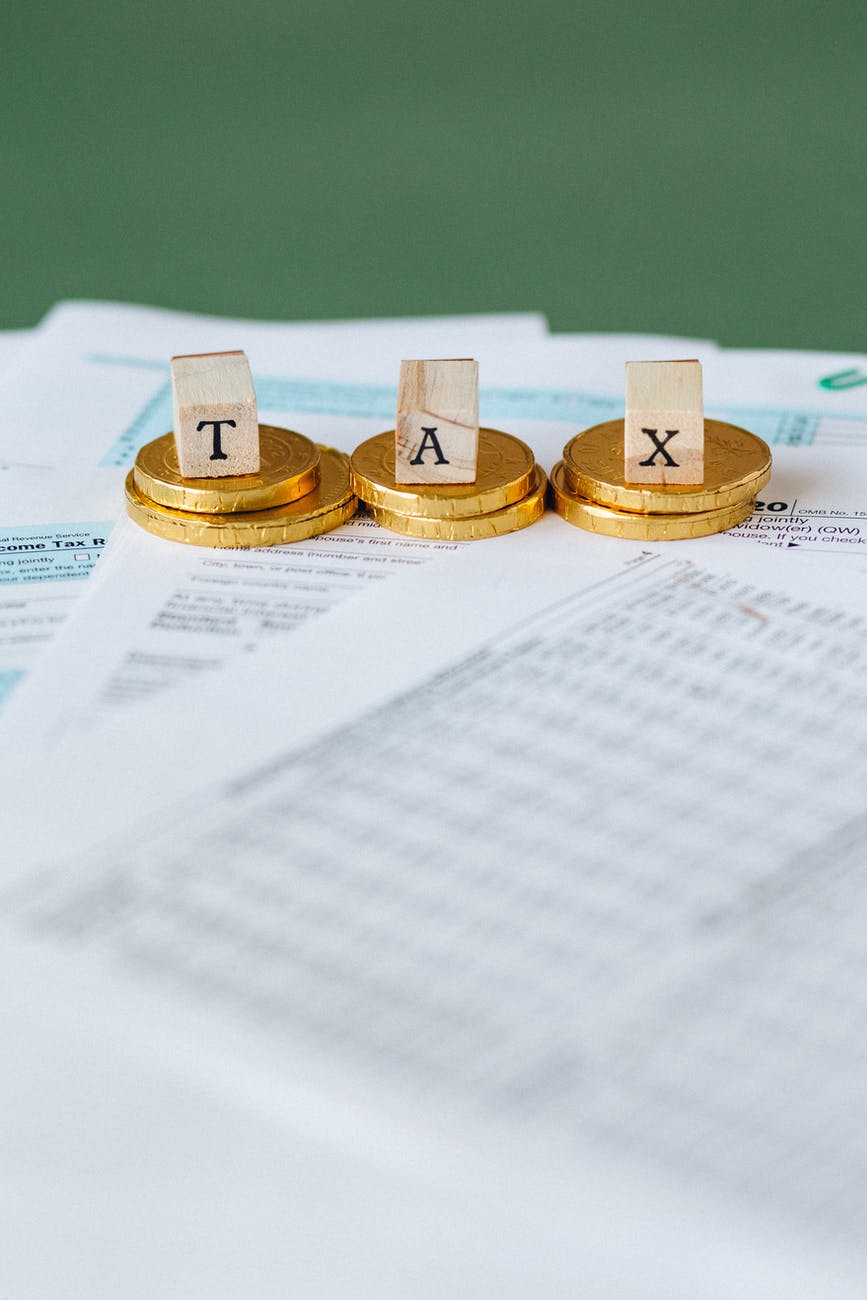Generally speaking tax planning is when a tax payer (whether it is an individual; trust; company; partnership or superannuation fund) organises its / their affairs as far as legally possible to minimise their taxation position.
Tax planning is commonly associated with the end of financial year, i.e. 30 June for good reason; as there are many effective strategies that can be implemented prior to the end of the financial year to reduce your tax.
However, tax planning is something that should also be kept in mind throughout the financial year as well – particularly in relation to Capital Gains Events and Succession / Estate Planning.
Nine Areas to consider include:
9 areas to consider:
2. Increasing your deductions or tax offsets
4. Selecting an appropriate tax vehicle
5. Deferring capital gains events
6. Moving money into lower tax structures, i.e., Superannuation Funds
7. Reviewing your asset register
8. Reviewing your stock ledger
9. Reviewing your debtors ledger for bad debts
McNamara & Company - Chartered Accountants, located minutes from the Melbourne CBD
www.mcnamaraandco.au/contact-us
Phone +61 3 9428 1062
Email admin@mcnamaraandco.au
Please refer to disclaimer at the bottom of the page


